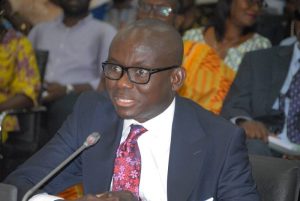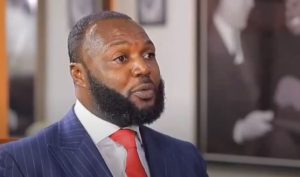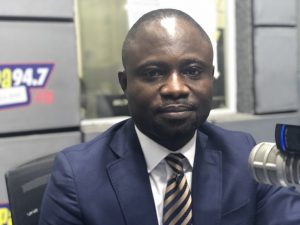Former President John Mahama has criticized the Supreme Court’s unanimous decision that Deputy Speakers of Parliament can vote even when they are presiding as Speaker.
In a tweet, he described it as “shocking but not surprising”.
Mr. Mahama said it was “an unfortunate interpretation for convenience that sets a dangerous precedent of judicial interference in Parliamentary procedure for the future.”
The landmark judgment was given in a case brought by a law professor, Justice Abdulai, who was contesting the Deputy Speaker’s decision to count himself as forming a quorum for a vote on the budget.
The judgment backed the position of the First Deputy Speaker of Parliament, Joseph Osei Owusu, who defended his decisive vote in the approval of the 2022 budget, although he was presiding as Speaker.
The Court also struck down order 109 (3) of the Standing Orders of Parliament, describing it as unconstitutional.
On November 30, last year, Mr. Osei-Owusu, also the Bekwai MP, presided over the overturning of an earlier vote of the House rejecting the government’s 2022 Budget.
Reaction to judgment
The Minority Leader, Haruna Iddrisu, called the judgment in the case a travesty of justice and a sign that the judiciary has failed the country’s parliamentary democracy.
“The judiciary of Ghana is failing parliamentary democracy in their inability to appreciate the true meaning of Article 110 of the Constitution; that Parliament shall by its standing orders regulate its own procedures.”
Mr. Iddrisu also said the decision signifies judicial support to the government to pass the e-levy.
But the First Deputy Speaker welcomed the judgment, describing it as refreshing.
Mr. Owusu also said he will continue to interpret the constitution and the standing orders of Parliament as he understands it.
“Matters that have never arisen, are now on the fore due to the numbers we have in parliament. Anytime there is disagreement, as I have said before, I will interpret the rules and the laws as I understand it.”
The Attorney General, Godfred Dame, also said reasoning had prevailed with this judgment.
“I think the reasoning by the Supreme Court is clearly sound and is in accord with the practice in other jurisdictions around the world,” he said.
“Nowhere in the constitution has any statement been made that whenever a deputy speaker presides, he loses his right to vote,” Mr. Dame argued.







